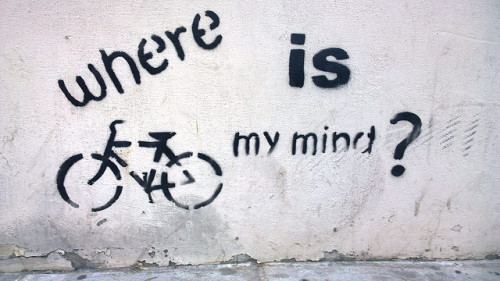#deschooling
Alexis Pauline Gumb, M Archive: After the End of the World:
“it was like that the last day we left the schools. all song. so many songs of the erstwhile schoolchildren freed and the generations crescendoing to meet us.
there was a time when no one would have ever thought there could be school abolition. except the sneaky privatization schemes that sought to destroy the students while keeping the buildings as monuments to how deep their theft could go.
it was the mothers who said it first. how total prison was. how the problem was not only their children being pushed out of school and into camps, but how the children drinking private school kool-aid were pipelined to more colorful camps. matriculating with programmed responses, like drones to kill the willing once they were made.
and the midlife crisis set who protested all the barbed wire put on their years as if learning was temporary. and what did they know?
ultimately it was the natural consequence of all our industrious work to make the air unbreathable, the water undrinkable, and the people uncritically unthinkable. at some point we needed all the different ages to solve all the problems we had excel-sheeted and databased into our lives.
so we abolished schools and prisons the same day. and the people came home singing and welcomed with song. what a noise. what a noise for every age.”
“What if school, as we used it on a daily basis, signaled not the name of a process or institution through which we could be indoctrinated, not a structure through which social capital was grasped and policed, but something more organic, like a scale of care. What if school was the scale at which we could care for each other and move together. In my view, at this moment in history, that is really what we need to learn most urgently.”
–Alexis Pauline Gumbs Undrowned: Black Feminist Lessons from Marine Mammals(viaKameelah Janan Rasheed’s Orange Tangent Study)
Post link
We Don’t Need No Education: Deschooling as an abolitionist practice
In this new essay, Sujani Reddy argues that those of us who want prison abolition must consider a call, simultaneously, to deschool society.
To resist within and against education institutions, she calls for an approach of ‘the undercommons’: “We found ways to be in the institution but not of it, to not subordinate ourselves to its forms of recognition but instead to employ its resources in ways that were not legible or reducible to its designs or demands. We were not poster children; we were poachers.”
Post link


